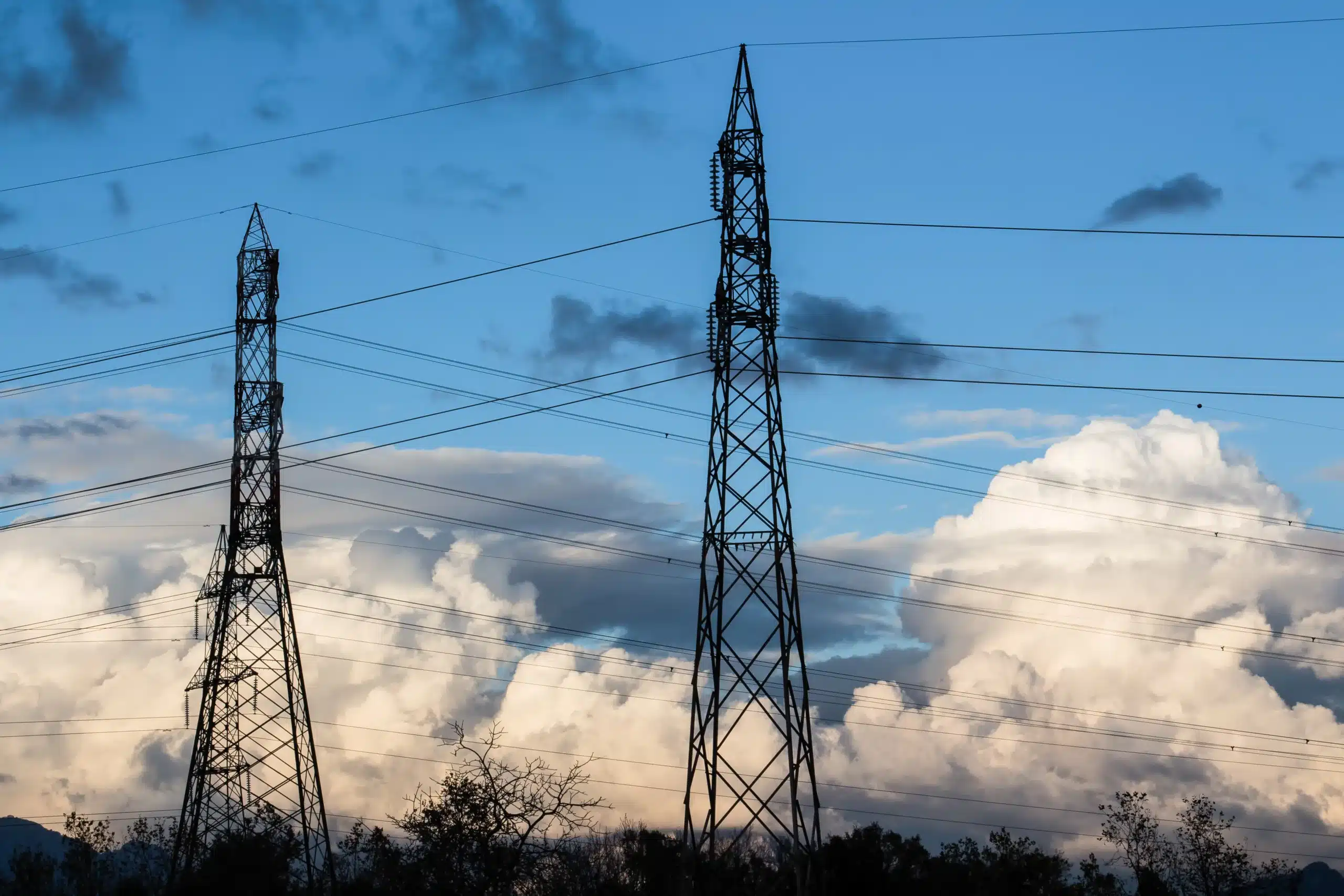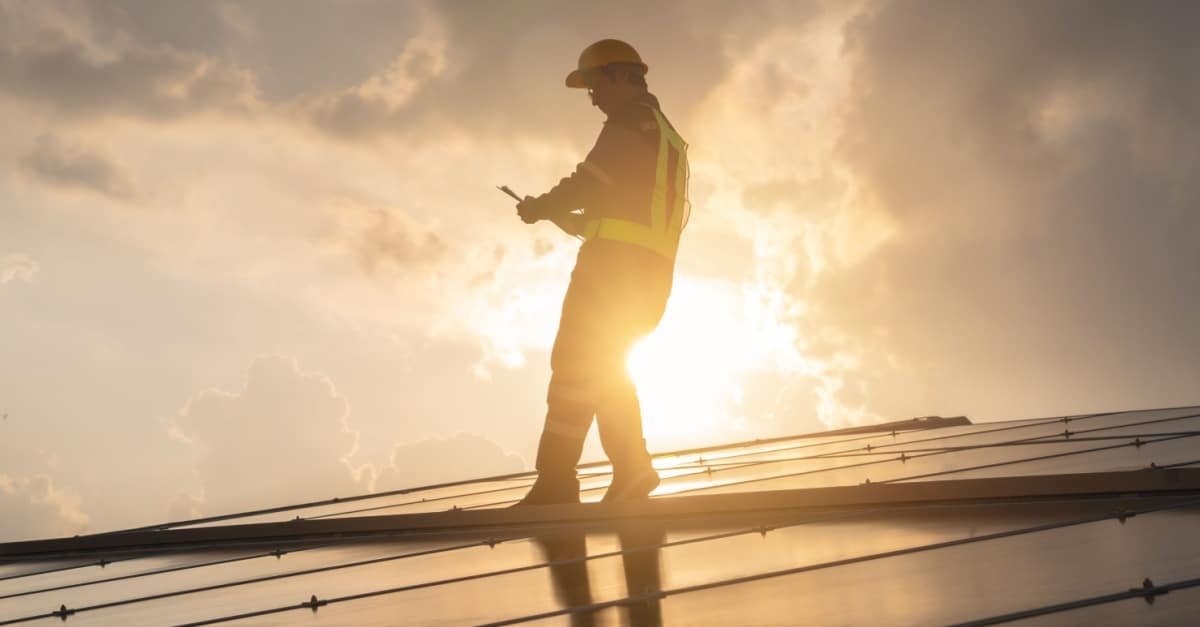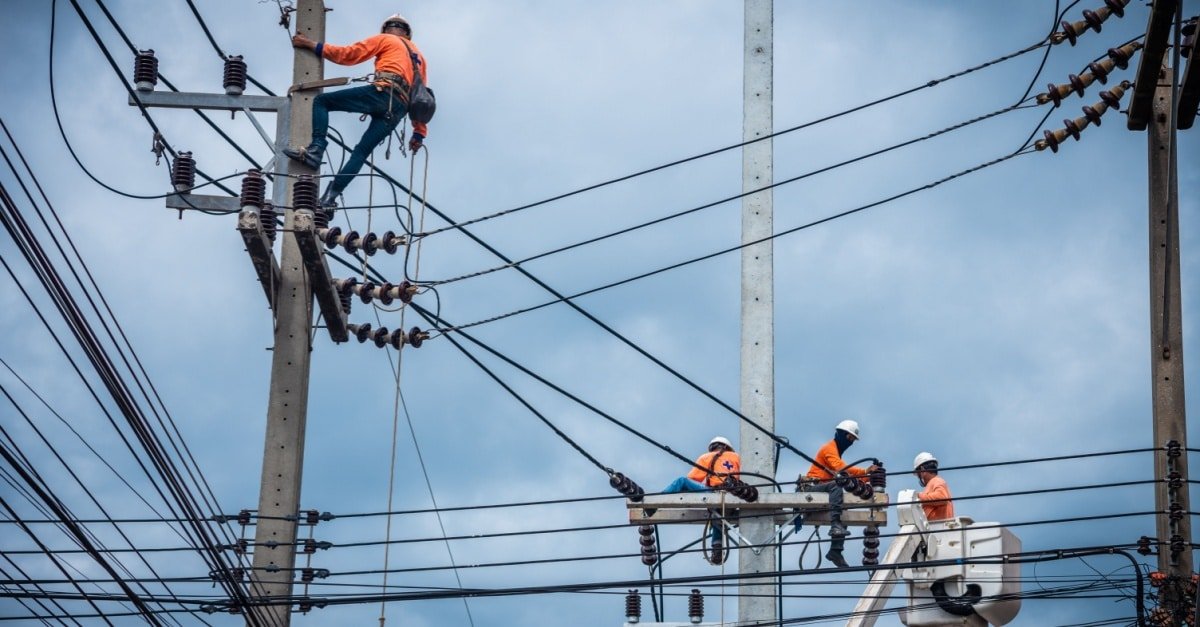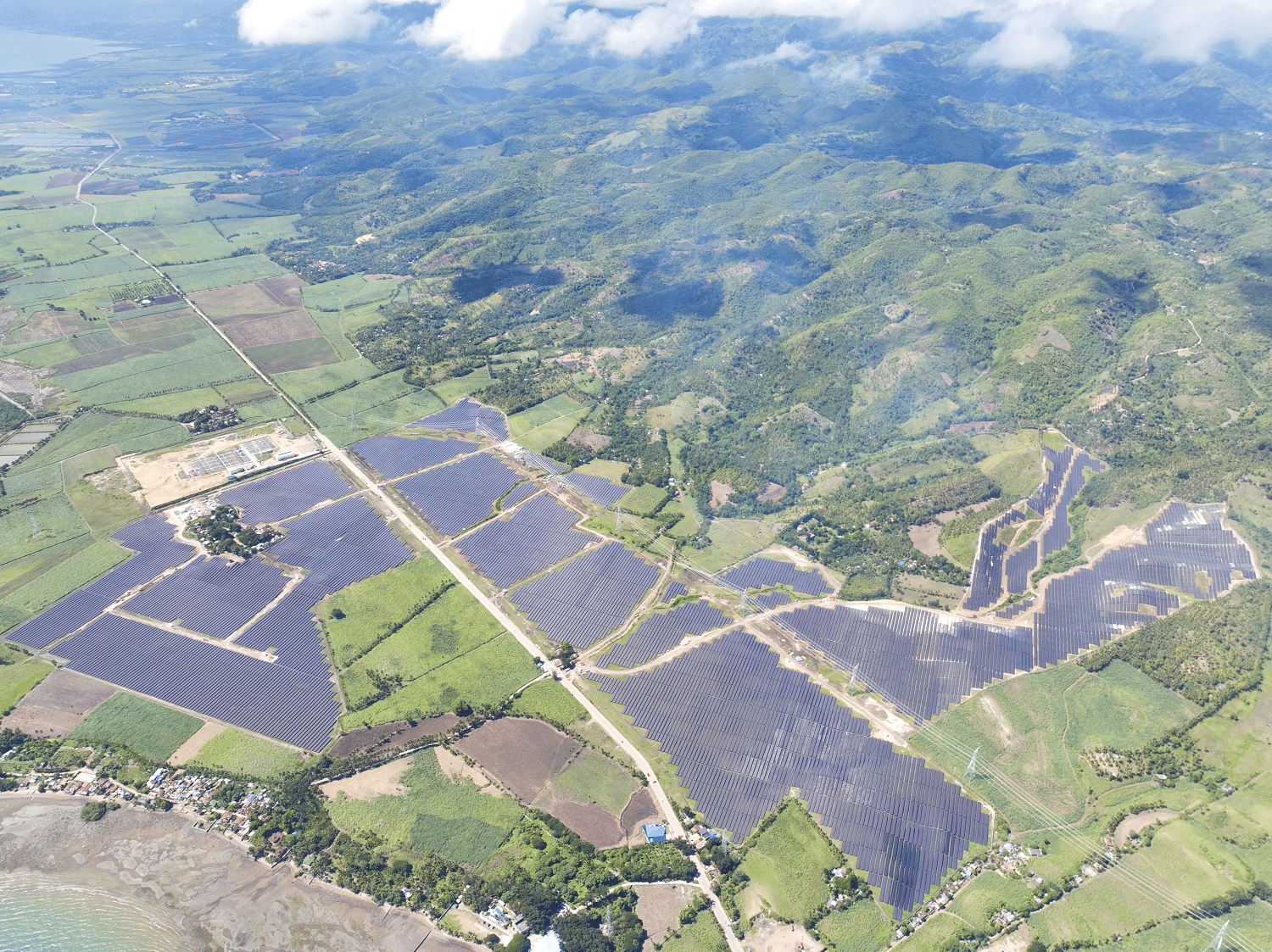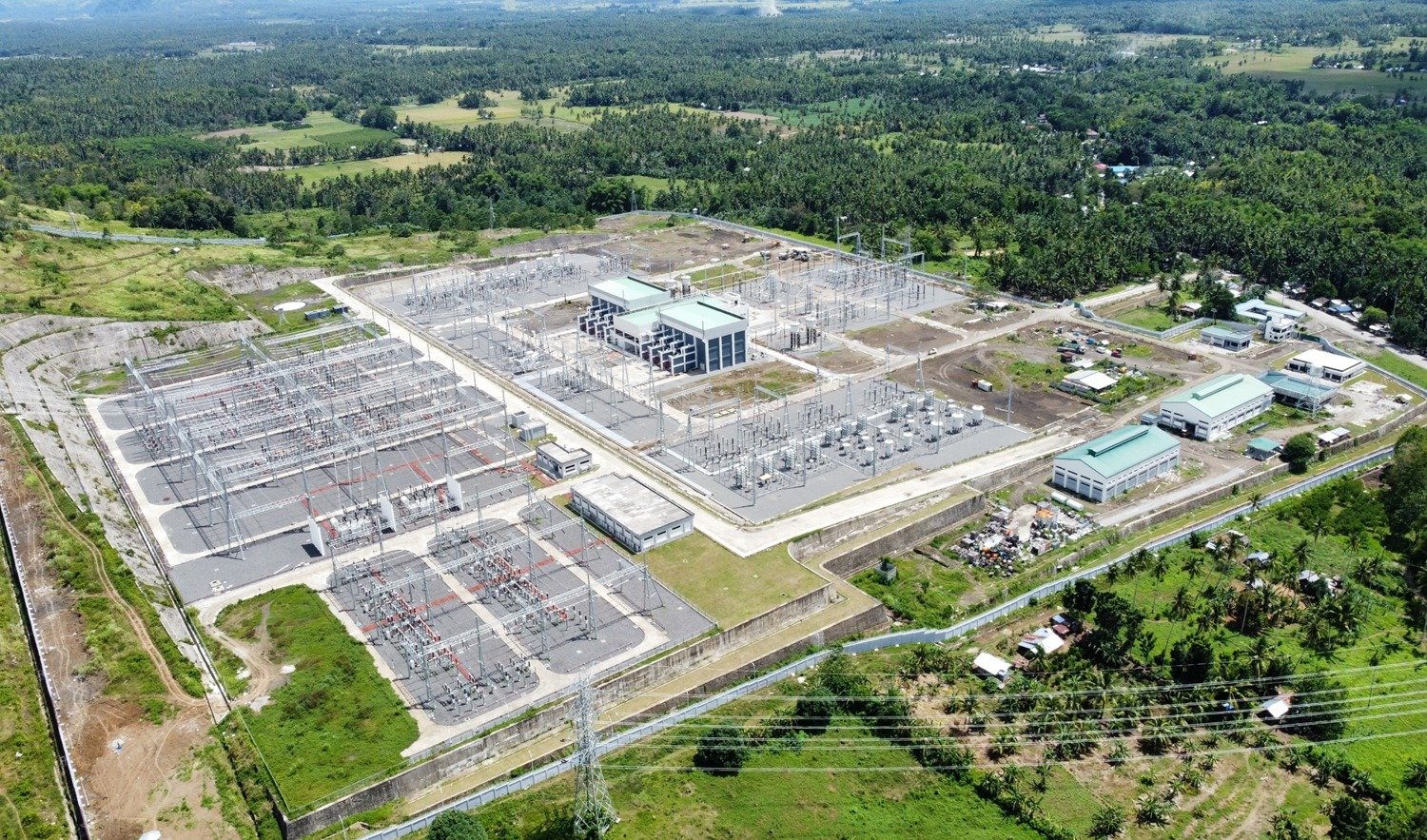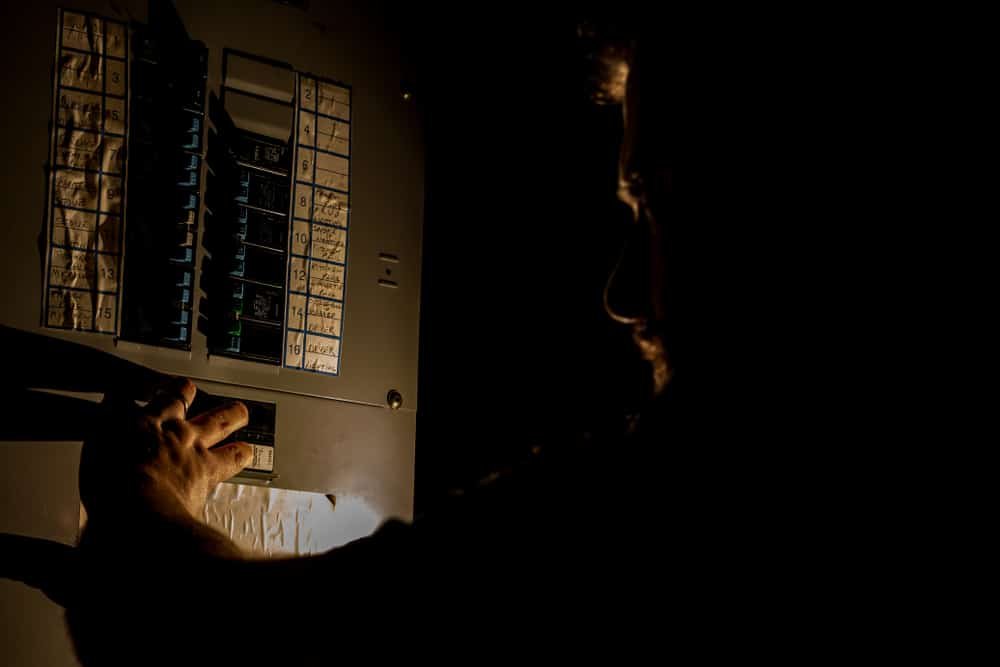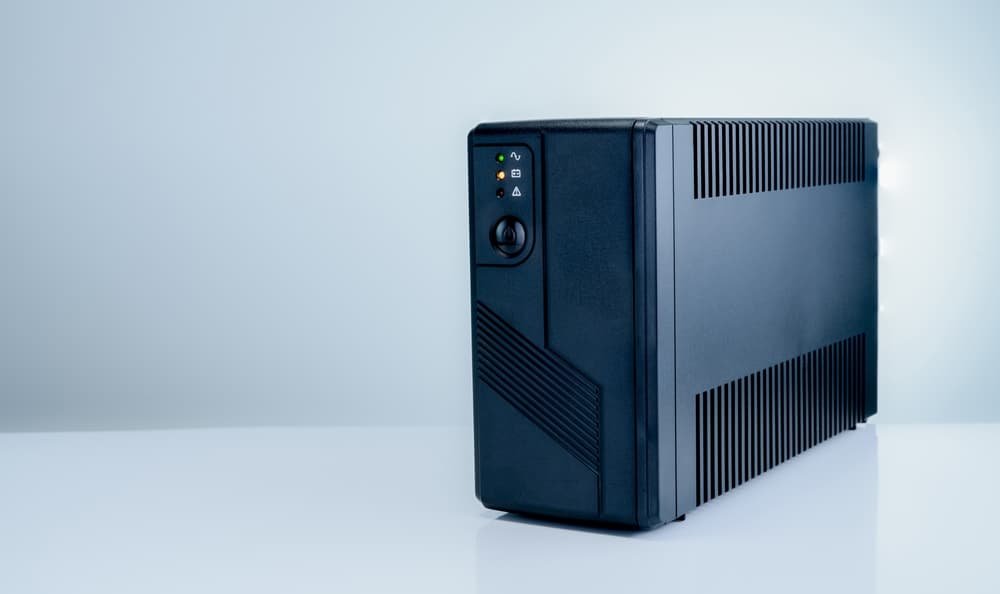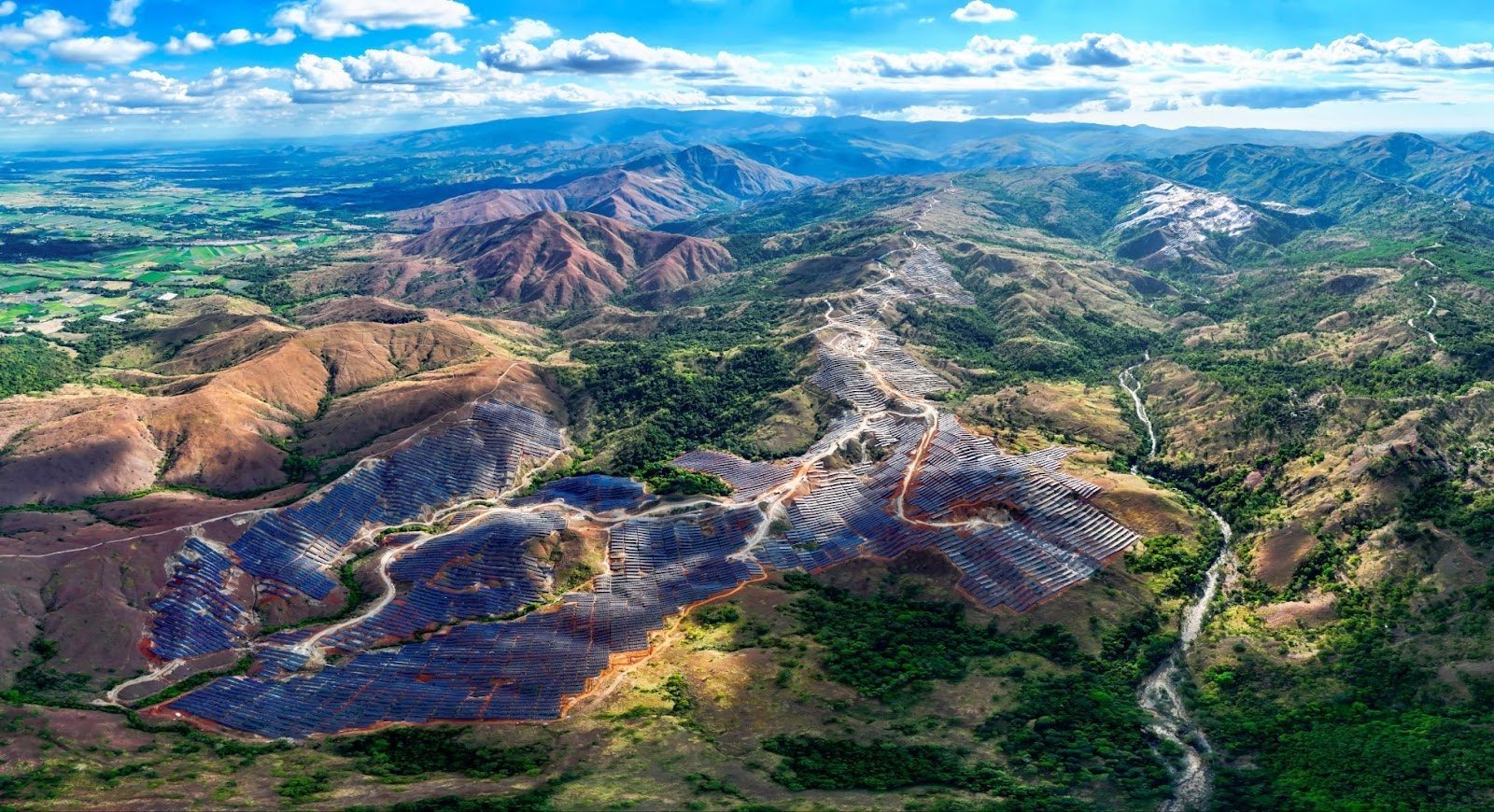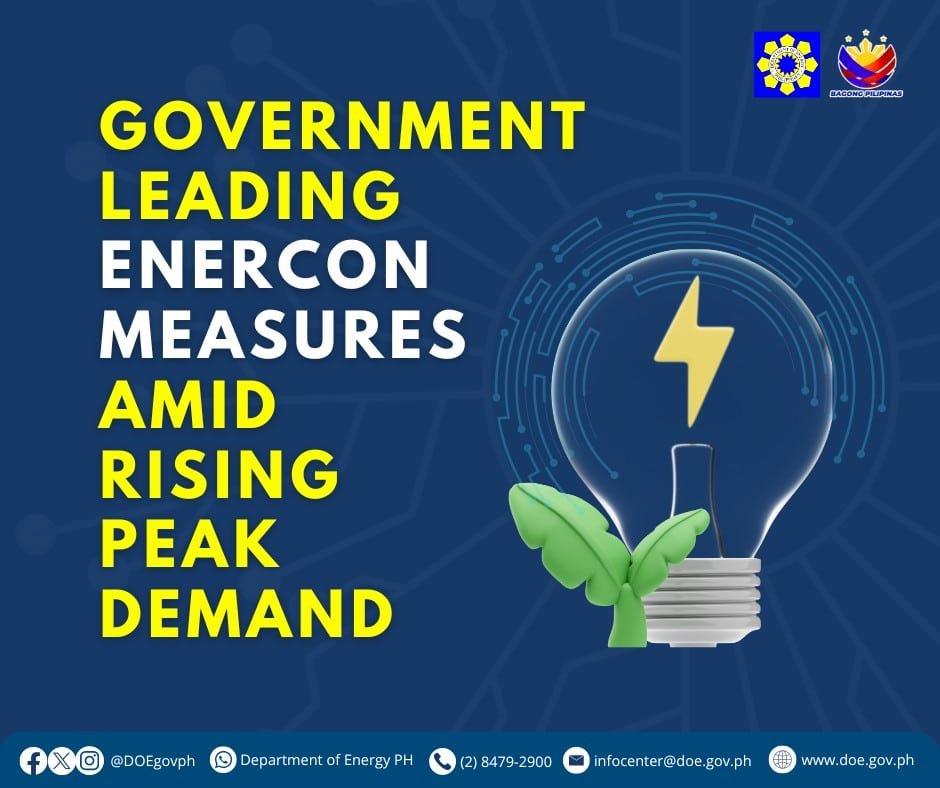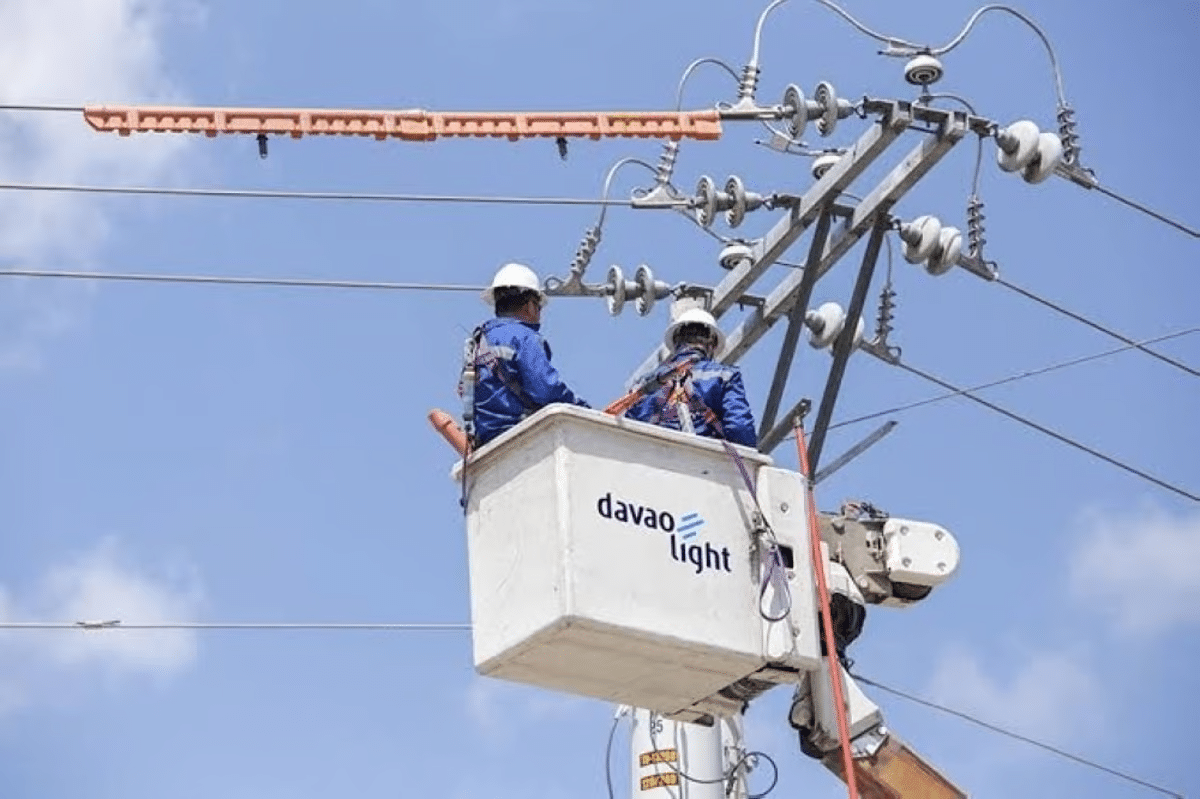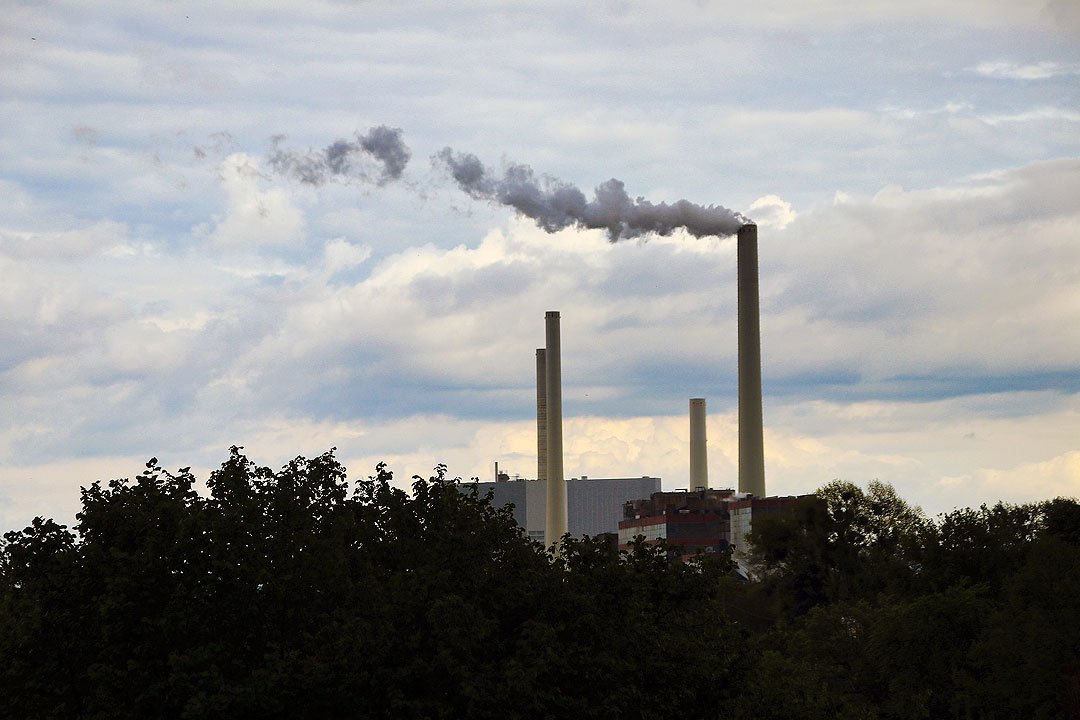
The Department of Energy (DOE) is positive that the country’s coal-fired power plants will be able to support the Philippines’ baseload needs until the year 2030.
The confidence stems from the fact that many of the coal-fired power plants in the country are relatively new. According to Energy Secretary Raphael P.M. Lotilla, the Philippines is equipped with power plants which are aged 10 years or younger. Because the plants are new, we can rely on them to operate efficiently for the next 30 years. These “young” coal power plants have a 3,400 MW of dependable capacity.
Meanwhile, coal-fired power plants that are more than 10 years old to 30 years old will be in operation for at least 10 more years from the present time.
Sec. Lotilla assured the attendees at a forum organized by the Philippine Chamber of Commerce and Industry thus: “We are prepared for the various scenarios of the energy transition and the relatively young age of these coal plants help ensure that we will have enough baseload capacity through to 2030.”
While the DOE is pushing for the production and use of more renewable energy, Sec. Lotilla said that this does not mean the DOE will shirk their responsibility of providing adequate baseload capacities.
The push for renewable energy
The government’s National Renewable Energy Program (NREP) was crafted to address the issues of climate change, energy security, and energy access. The program aims to reach a 35% renewable energy mix by 2030.
While the country is in transition, it is crucial that baseload capacities are stable.
Sec. Lotilla acknowledged the moratorium that DOE imposed on the building of new coal-fired power plants. “While there is an existing moratorium on building coal-fired power plants. There are also exemptions for committed, indicative, and expansion plans,” he said.
The Secretary also explained that it was a dearth of financing, higher insurance costs, and risks of carbon taxes that discouraged coal power plant projects rather than the moratorium itself.
References:



